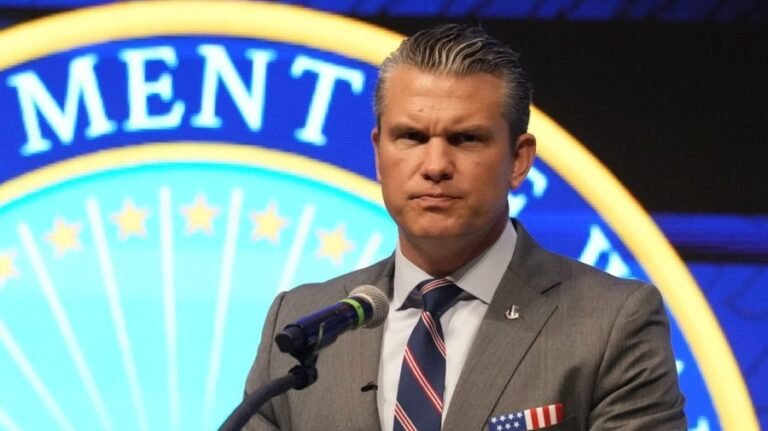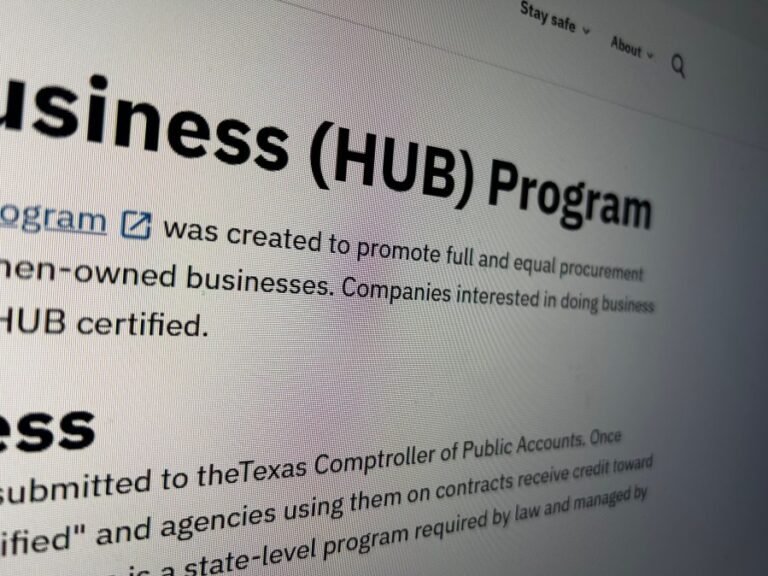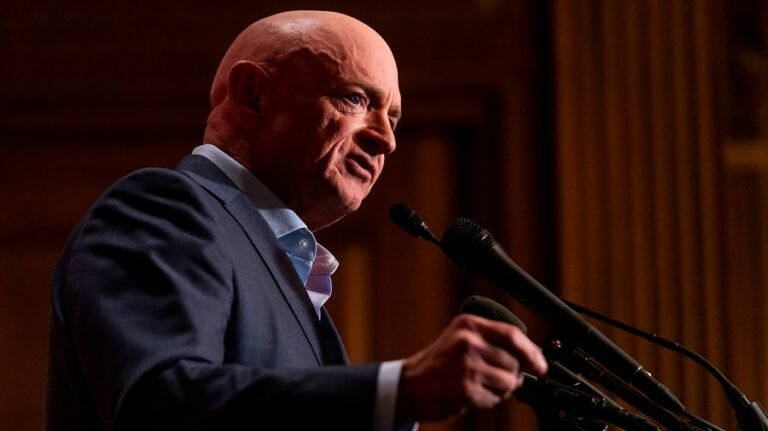
The Trump administration’s decision to cut $400 million of federal grants to Columbia University is intended to influence the actions of university administrators. Its goal is to incentivize them to do more to protect Jewish and pro-Israel students from antisemitic harassment.
Will this curtail peaceful and thus legitimate free speech on affected university campuses? The ACLU says it will deter legitimate protests against Israel. Anti-Israel activists go even further — Peter Beinart warns that “We are witnessing the greatest assault on campus free speech in decades.”
What these critics fail to acknowledge is that there are dangers to free speech on both sides — in inaction as well as overreaction.
The cut-off of financial support is aimed at universities that do not do enough to protect the rights of Jewish and Zionist students to attend classes, wear Jewish-identifying symbols such as Stars of David and yarmulkes and to demonstrate and leaflet in support of Israel without fear of harassment or attack by masked agitators.
There is, of course, always the danger that campus administrators might go too far in protecting Jewish students by limiting peaceful anti-Israel protests. But there is little evidence that the legitimate free speech rights of anti-Israel peaceful protesters are being abridged. The focus is and should be on unlawful conduct that falls outside the protection of free speech, such as blocking access, interfering with classes and intimidating students. Universities should not interfere with peaceful and lawful anti-Israel demonstrations.
Columbia is a private institution, not legally bound by the First Amendment, although it claims to adhere to its spirit. It also claims to apply a single content-neutral standard to all freedom of expression. Pursuant to these principles, it should allow peaceful anti-Israel protesters to say anything about Israel, Zionism and Jews that it would allow anti-Black, anti-gay, anti-transgender and anti-abortion demonstrators to say about those groups and issues.
But of course, no university, private or public, would allow racist or sexist demonstrators to call for the lynching of Blacks, the raping of women or discrimination based on reproductive or identity choices.
The First Amendment does not prohibit private universities from applying a double standard against Jews and Zionists or in favor of groups deemed to be privileged under the affirmative action guidelines of DEI or intersectionality. But the government, in deciding whether to give taxpayer money to private or public institutions, does have the power to withhold funds from schools that apply invidious standards.
No university has the right to receive taxpayer grants. It must show that such grants promote the national interest rather than some partisan ideology. Grants for medical and scientific research promote the national interest. Many other grants do not.
Consider, for example, Barnard’s Department of Women’s, Gender, and Sexuality Studies, whose website contains an image of a shirt printed with the phrase “Smash the white supremacis(t) hetero-patriarchy.”
I don’t know whether federal money goes directly to this and other “studies” or “programs” with comparably ideological and controversial goals, but money is fungible — and therein lies the problem. A $400 million cut from Columbia will affect the entire university, including medical and scientific research. It would be far more effective and selective if funding could be cut back only from programs that do not serve the public interest.
It will not be easy to target with precision the evils that are intended to be addressed by the Trump tactic of cutting funding to universities that do not do enough to protect Jewish and Zionist students. But it is worth trying.
The priority should be to send the message to universities that legitimate, single-standard, peaceful protests against Israel, Zionism or any other nation or ideology must be permitted in the interests of free speech and academic freedom. An equally important priority is to protect the rights of Jewish and Zionist students and faculty to their free speech, safety, security and academic freedom.
Striking the appropriate balance is among the most important roles of universities and government granting agencies. It can be and should be accomplished, despite its challenges.
Alan Dershowitz, professor emeritus at Harvard Law School, is the author of numerous books, including “The Ten Big Anti-Israel Lies: And How to Refute Them with Truth.” He is also the host of The Dershow on Rumble.


